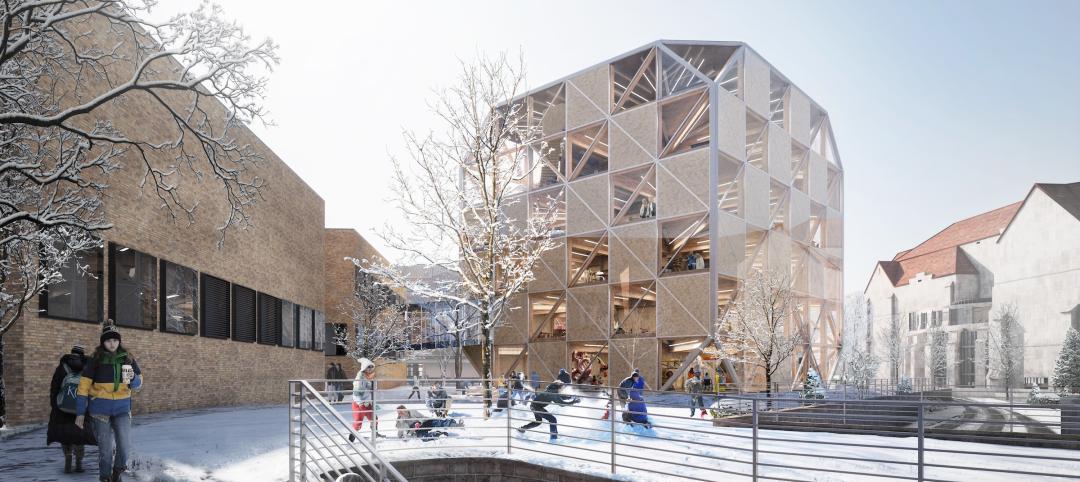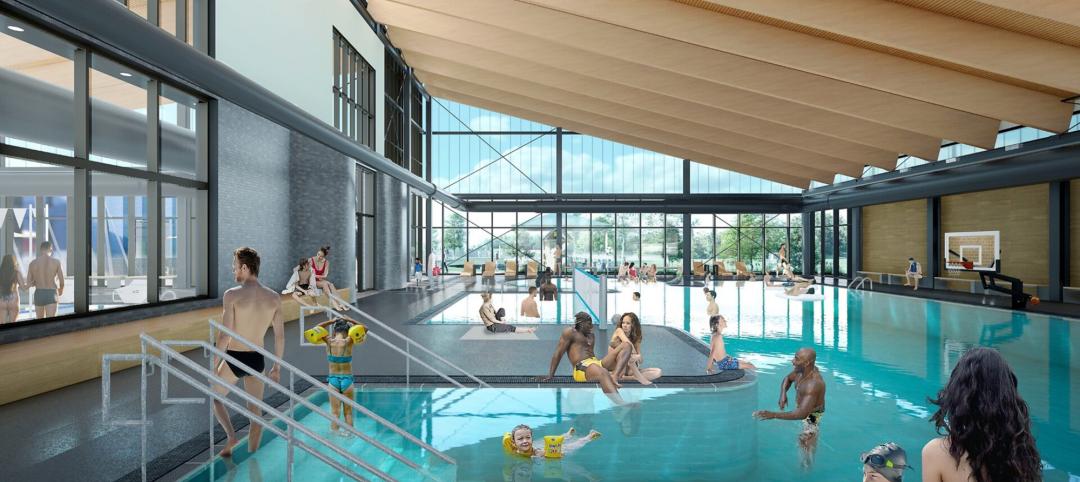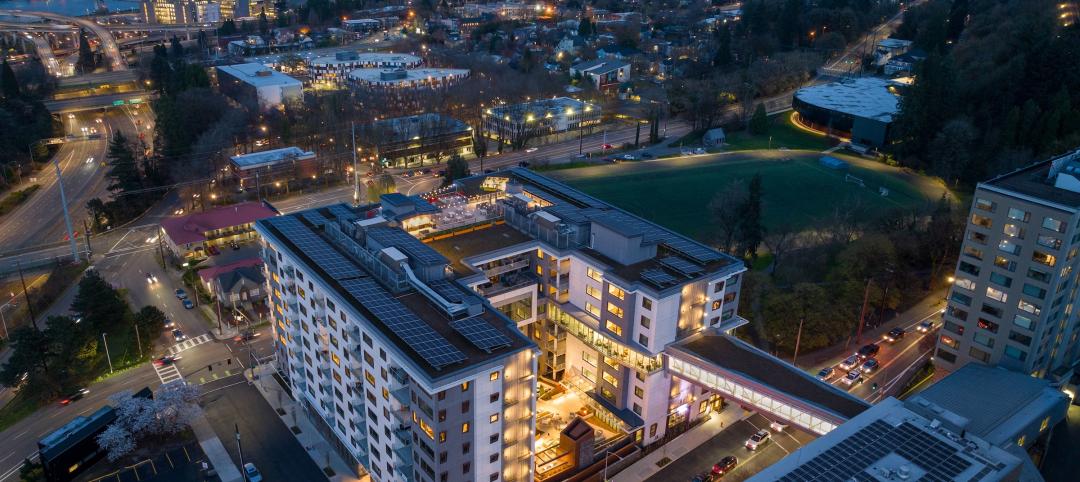In June, the U.S. Justice Department made headlines when it became the first federal agency to mandate implicit bias training for its employees. In the coming months, more than 23,000 agents from the ATF, DEA, FBI, and U.S. Marshals Service, and some 5,800 prosecutors, will receive the science-based coaching.
The goal is to better understand the “hidden,” or unconscious, characterizations and stereotypes—particularly pertaining to gender, nationality, social class, and race—that unknowingly affect agents’ decisions and actions in law enforcement situations. The Justice Dept. wants its employees to become more aware of their subconscious prejudices and learn how to shun them altogether.
Skeptics view the move as a knee-jerk reaction to the headline-grabbing, riot-sparking police shootings in Baton Rouge, La., Chicago, Cleveland, Ferguson, Mo., and North Charleston, S.C. But Justice Dept. officials cite successful implicit bias training programs at the local law enforcement level—in Baltimore, Los Angeles, New Orleans, New York City, and Seattle, to name a few—as the impetus for the directive.
“This program has been so well-received by our state and local counterparts, we thought it was something we should be offering to our federal agents, frankly, to get our own house in order,” Deputy Attorney General Sally Yates told Reuters.
Before writing off implicit bias education as the 21st century’s version of sensitivity training, consider this: Some of the world’s largest and most progressive companies—including Coca-Cola, Facebook, and Google—have implemented formal unconscious bias training programs. And other corporate and tech giants—Apple and Intel included—have invested heavily in diversity and inclusion initiatives.
These companies are tapping into the latest research in psychology and sociology not only to advance their diversity and inclusion efforts when it comes to hiring, promoting, compensation, and high-performance teaming, but also to gain a better understanding of the tendencies of their employees, colleagues, and customers. In short, they believe diversity and inclusion make good business sense, when done right.
“It’s not enough just to throw people together,” says diversity consultant and author Howard Ross. “People need to learn how to interact with each other appropriately. They need to learn that the more diversity we have, the more work we have to do.”
Ross says implicit bias impacts almost all facets of business: hiring, recruitment, mentoring, performance reviews, supervisory decisions, client service, marketing. It affects how business professionals view their market: what they see and hear, what they don’t see and hear, how they solve problems, how they interpret situations, how they set norms and expectations.
In November, at BD+C’s first annual Women in Design+Construction Conference in Dana Point, Calif., implicit bias expert Sally Jue, of consulting firm Cook Ross, will explore ways that unconscious bias affects the AEC industry, particularly women in the profession. Jue will lead a talk and workshop in which participants will examine their own background and identities so that they can interact more authentically with their employees, colleagues, clients, family, and friends.
For more on the WiD+C Conference, visit: www.BDCnetwork.com/WIDC.
David Barista, Editorial Director
dbarista@sgcmail.com
Related Stories
AEC Innovators | Apr 26, 2024
National Institute of Building Sciences announces Building Innovation 2024 schedule
The National Institute of Building Sciences is hosting its annual Building Innovation conference, May 22-24 at the Capital Hilton in Washington, D.C. BI2024 brings together everyone who impacts the built environment: government agencies, contractors, the private sector, architects, scientists, and more.
Mass Timber | Apr 25, 2024
Bjarke Ingels Group designs a mass timber cube structure for the University of Kansas
Bjarke Ingels Group (BIG) and executive architect BNIM have unveiled their design for a new mass timber cube structure called the Makers’ KUbe for the University of Kansas School of Architecture & Design. A six-story, 50,000-sf building for learning and collaboration, the light-filled KUbe will house studio and teaching space, 3D-printing and robotic labs, and a ground-level cafe, all organized around a central core.
Sports and Recreational Facilities | Apr 25, 2024
How pools can positively affect communities
Clark Nexsen senior architects Jennifer Heintz and Dorothea Schulz discuss how pools can create jobs, break down barriers, and create opportunities within communities.
Senior Living Design | Apr 24, 2024
Nation's largest Passive House senior living facility completed in Portland, Ore.
Construction of Parkview, a high-rise expansion of a Continuing Care Retirement Community (CCRC) in Portland, Ore., completed recently. The senior living facility is touted as the largest Passive House structure on the West Coast, and the largest Passive House senior living building in the country.
Hotel Facilities | Apr 24, 2024
The U.S. hotel construction market sees record highs in the first quarter of 2024
As seen in the Q1 2024 U.S. Hotel Construction Pipeline Trend Report from Lodging Econometrics (LE), at the end of the first quarter, there are 6,065 projects with 702,990 rooms in the pipeline. This new all-time high represents a 9% year-over-year (YOY) increase in projects and a 7% YOY increase in rooms compared to last year.
Architects | Apr 24, 2024
Shepley Bulfinch appoints new Board of Director: Evelyn Lee, FAIA
Shepley Bulfinch, a national architecture firm announced the appointment of new Board of Director member Evelyn Lee, FAIA as an outside director. With this new appointment, Lucia Quinn has stepped down from the firm’s Board, after serving many years as an outside board advisor and then as an outside director.
ProConnect Events | Apr 23, 2024
5 more ProConnect events scheduled for 2024, including all-new 'AEC Giants'
SGC Horizon present 7 ProConnect events in 2024.
75 Top Building Products | Apr 22, 2024
Enter today! BD+C's 75 Top Building Products for 2024
BD+C editors are now accepting submissions for the annual 75 Top Building Products awards. The winners will be featured in the November/December 2024 issue of Building Design+Construction.
Laboratories | Apr 22, 2024
Why lab designers should aim to ‘speak the language’ of scientists
Learning more about the scientific work being done in the lab gives designers of those spaces an edge, according to Adrian Walters, AIA, LEED AP BD+C, Principal and Director of SMMA's Science & Technology team.
Resiliency | Apr 22, 2024
Controversy erupts in Florida over how homes are being rebuilt after Hurricane Ian
The Federal Emergency Management Agency recently sent a letter to officials in Lee County, Florida alleging that hundreds of homes were rebuilt in violation of the agency’s rules following Hurricane Ian. The letter provoked a sharp backlash as homeowners struggle to rebuild following the devastating 2022 storm that destroyed a large swath of the county.

















